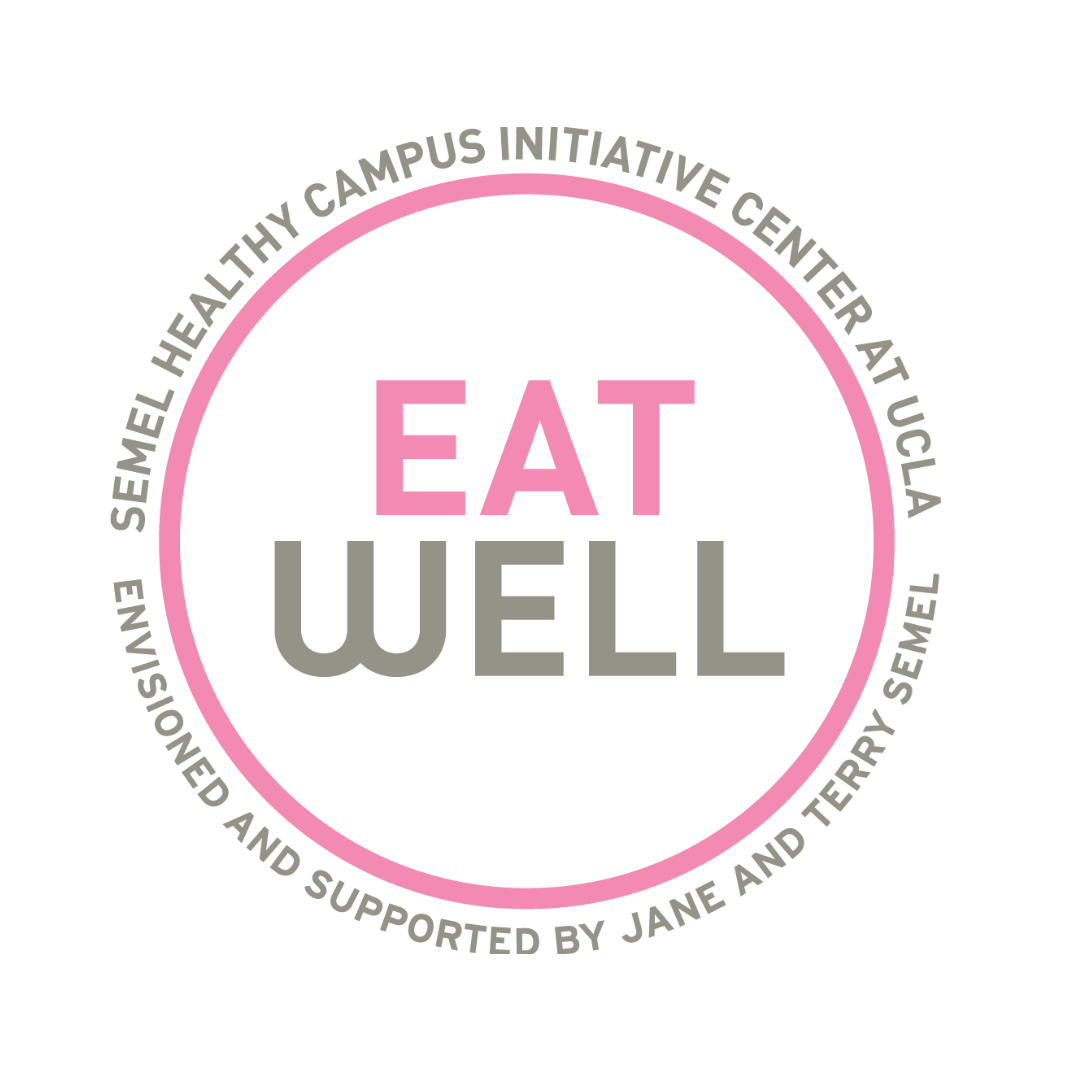The Carb Taboo
With summer approaching, diets and weight-loss guides are beginning to peak in popularity yet again. As people are becoming more concerned with their “swimsuit bodies”, they are also starting to become more concerned with what’s on their plate, often focusing on eliminating one macronutrient in particular: carbohydrates.
What are carbohydrates?
Carbohydrates (or carbs) are macronutrients that supply the body with glucose. While we typically think of carbs as breads, pastas, and sugars, the food group also contains legumes, quinoa, fruit and even fruits and vegetables. Carbs are actually present in the majority of foods we eat!
But if the majority of the foods we eat contain carbs, why are dieters so eager to get rid of them? One reason is because, once broken down, carbs are turned into glucose, a form of sugar. Since sugar has a reputation of being “unhealthy” (which we will debunk shortly) people feel the need to steer clear of anything containing it. Along with that, certain diets such as the Atkins Diet and the South Beach diet drastically changed the way we look at carbs. These diets, centered around removing carbs completely from your diet, and also labeled certain carbohydrates into “good” and “bad”. By deeming some as unhealthy, it seemed to give the entire macronutrient a bad name, similarly to how the popularity of protein was heightened once the same diets promoted protein for healthy living. Unfortunately, this stigma has stayed connected to carbohydrates throughout the years, which is why many chose to eliminate them when they diet.
How do they work?
It’s important to understand how carbohydrates work within the body. Once consumed, carbohydrates break down into glucose, which is the sugar your body uses for energy. This energy can help you run, focus better while studying, and live your healthy day-to-day life. Once these sugars are broken down, they enter your bloodstream.
The two types of carbohydrates, simple and complex, differ by how easily they can be broken down. Simple carbs (e.g. processed grains, sodas, candy and fruit) are broken down easier and faster in the body. As a result, the sugar from the glucose enters into the bloodstream faster, creating a spike in blood sugar. Complex carbohydrates take longer for your body to break down, so the sugar is slowly released into the bloodstream instead of all at once.
Simple vs Complex Carbohydrates
Simple carbs are almost always the first to go when it comes to a diet, but that’s not necessarily the best for your body. Since simple carbohydrates are so easy to break down, it can cause a spike in blood sugar, resulting in a crash later on if that’s the only food you have consumed. Also, there have been reports that the high glucose levels resulting from the easily broken down carbs can lead to Type 2 Diabetes. However, foods that contain simple carbs can be eaten in moderation, or with other foods that will give more sustainable energy; this will allow for a balance with the high glucose levels and hopefully not cause a crash or premature hunger later.
The body takes longer to break down foods that contain complex carbohydrates. These foods, most commonly whole grains, allow for more sustainable energy since the sugar is released into the bloodstream slower. Foods containing complex carbohydrates also contain more protein, fiber, and vitamins for your body. These are the more important forms of carbohydrates when it comes to your health, because the foods that contain them include necessary nutrients for your body to remain strong and functioning.
Some carbohydrates (e.g. whole fruits, brown rice, vegetables and beans) contain fiber, which helps the passage of sugar within the body, to assist in keeping hunger and blood pressure regular. Fruits and vegetables are rich in vitamins and nutrients necessary for your body, such as folate (folic acid which helps to form red blood cells) and Vitamin C (which helps to heal the body and aid in iron absorption).
How to eat carbs
Perhaps the most difficult part to breaking down when to eat what is understanding which foods contain complex carbohydrates and which foods contain simple carbohydrates. Luckily, there is a scale that ranges foods to help people be more aware of what types of carbohydrates they are consuming. Failing to eat enough carbohydrates can actually lead to malnutrition, so it’s more necessary to eat them than to not. A diet lacking in carbs will also leave you tired and prevent you from building muscle.
Contrary to popular belief, carbohydrates are not bad for your body. It is more important to eat carbohydrates than it is to attempt a risky diet that eliminates necessary nutrients for your body. The best thing to do if you are concerned about your carbohydrate intake is to pay attention to what types of carbohydrates you are eating and what kind of nutrients the foods you consume contain. In doing so, you will be able to eat in moderation and with your personal health and well-being in mind.
Aurora Finley is an undergraduate student at UCLA majoring in English. Along with blogging for the UCLA Healthy Campus Initiative, she is the upcoming Sexperts Director for the 2017-18 academic year. She is also an active member of UCLA’s Body Image Task Force and a regular volunteer for UCLA’s Habitat for Humanity chapter.



